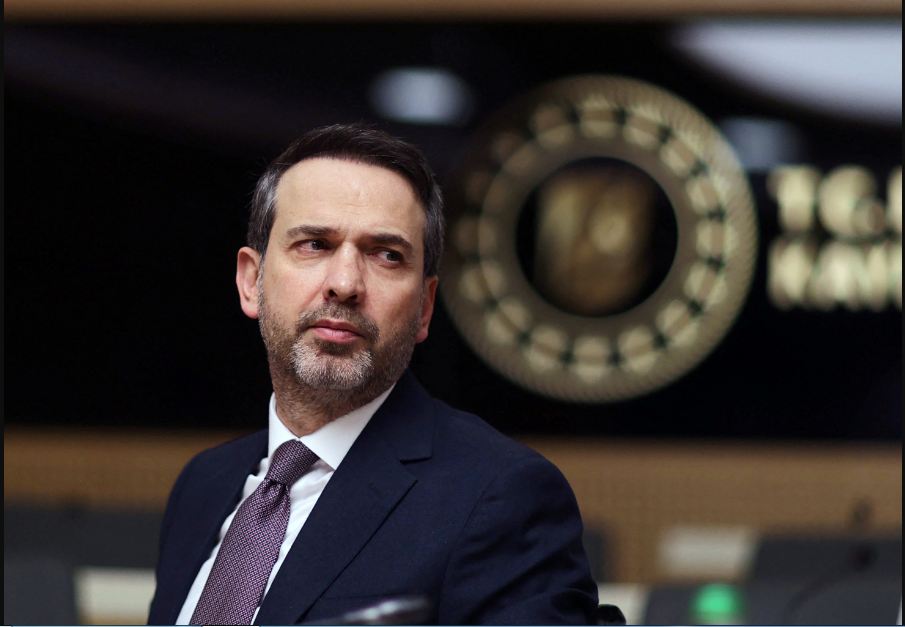Jordan’s Green Energy Revolution Empowers Over 460,000 Citizens
Amman – Jordan is emerging as a global model for sustainable energy transition, with more than 460,000 citizens already benefiting from innovative programs spearheaded by the Energy Promotion and Consumption Efficiency Fund.
Since its establishment in 2014, the fund has played a transformative role in promoting clean energy, energy efficiency, and economic empowerment across the nation.
Speaking at the Jordan Economic Forum, Rasmi Hamza, CEO of the fund, emphasized that its initiatives have involved direct investments of around 40 million Jordanian dinars (approximately $56.4 million), alongside projects valued at more than 100 million dinars.
“The fund has become a driving force in Jordan’s energy transition process, delivering programs that touch households and economic sectors alike,” he said.
From the very beginning, the fund set out with three core objectives: creating tangible social and economic impact, reducing the national energy bill, and enhancing Jordan’s global competitiveness.
Over the years, these programs have directly improved the quality of life for hundreds of thousands of families while promoting sustainable growth in critical sectors such as industry, agriculture, and tourism.
Among its most notable achievements is the launch of Jordan’s first large-scale solar power plant, boasting a capacity of 50 megawatts, complemented by 117-megawatt wind projects in Tafileh.
These landmark projects have not only contributed to clean energy generation but have also catalyzed a wave of domestic and international investment in renewable energy.
A major focus of the fund has been the promotion of solar water heaters. In 2014, only 13 percent of Jordanian households utilized these systems. Today, thanks to the fund’s targeted programs, over 70,000 families have installed solar water heaters, with an additional 8,000 low-income households receiving free systems.
The fund aims to extend this initiative further, targeting the installation of 90,000 solar water heaters by 2030. These systems provide families with annual savings of 240–300 Jordanian dinars, directly reducing household energy costs while promoting environmental sustainability.
The fund’s impact extends beyond households. Collaborating with over 250 local associations, it has expanded access to renewable energy across rural and underserved areas. Solar energy systems now power 630 places of worship, 15 public benefit institutions, 20 government buildings, 33 health centers, and 135 schools.
The agricultural sector has also reaped rewards, with 240 farms adopting energy-efficient systems. In addition, 201 small- and medium-sized factories and 12 hotels have benefited from energy conservation programs, underscoring the fund’s broad-reaching influence on Jordan’s economic landscape.
Hamza highlighted that these programs not only deliver immediate economic benefits but also position Jordan as a regional leader in sustainability. By reducing the national energy bill and promoting energy independence, the country strengthens its resilience against global energy fluctuations while fostering long-term competitiveness.
International observers have praised Jordan’s model, noting its balance of environmental stewardship, social responsibility, and economic development. The fund’s integrated approach demonstrates how targeted investments in renewable energy can drive measurable social impact, create jobs, and support sustainable growth in both urban and rural communities.
As Jordan continues to expand its green energy initiatives, the success of the Energy Promotion and Consumption Efficiency Fund offers an inspiring blueprint for nations worldwide.
By combining strategic investment, community engagement, and technological innovation, Jordan is showing that a sustainable energy future is not only possible but also profoundly beneficial to citizens, the economy, and the planet.
With the fund’s continued efforts, Jordan is not just meeting its energy transition goals—it is exceeding expectations, proving that clean energy can be a powerful driver of social, economic, and environmental progress.



